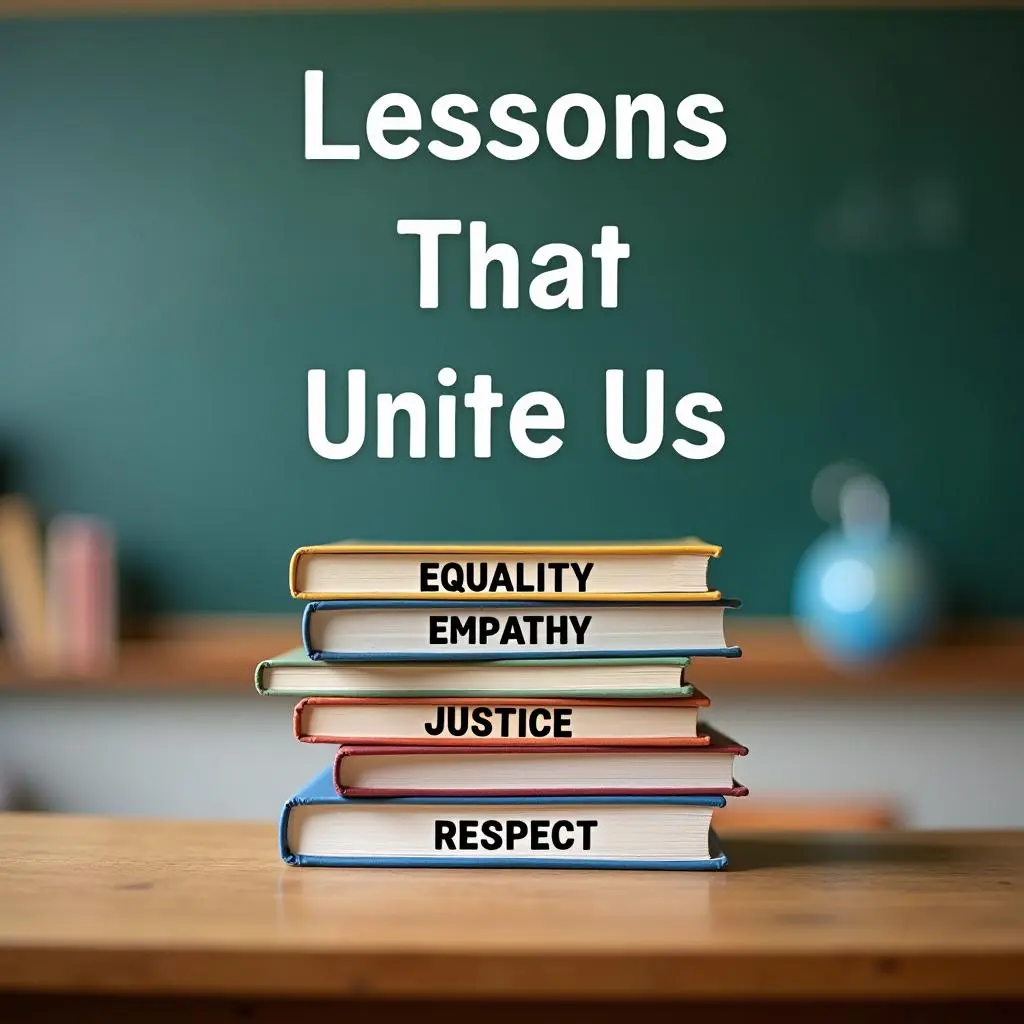Why Don’t Schools Teach Universal Human Values?

Education is often considered the cornerstone of societal progress, yet schools frequently prioritize national, political, or cultural agendas over universal human values. Instead of fostering compassion, empathy, and critical thinking, curricula often emphasize competition, conformity, and loyalty to predefined ideologies. This creates a system where students are shaped to fit societal molds rather than encouraged to explore their full potential as global citizens.
The absence of universal human values in education is no accident. By focusing on divisive narratives and local achievements, systems of power maintain control and discourage unity. A curriculum grounded in universal principles such as equality, justice, and mutual respect could inspire students to transcend borders, cultures, and beliefs, creating a world where collaboration takes precedence over conflict.
To integrate universal values into education, schools must reevaluate their priorities. History lessons, for example, should include multiple perspectives rather than glorifying one nation or group. Ethical discussions should be part of every subject, encouraging students to think beyond their immediate surroundings and consider the broader implications of their actions. Extracurricular activities can also promote empathy and understanding through cultural exchange and community service.
Parents and educators play a crucial role in this transformation. By advocating for inclusive curriculums and engaging children in discussions about global issues, they can help bridge the gap left by traditional education systems. Access to diverse literature, exposure to different cultures, and encouragement of critical thinking at home are vital steps toward raising compassionate and informed individuals.
The path forward lies in recognizing that universal human values are not an abstract ideal but a practical necessity for global harmony. By teaching children to see themselves as part of a larger human family, we can empower them to challenge injustice, embrace diversity, and contribute to a world defined by cooperation rather than division.
The path forward lies in recognizing that universal human values are not an abstract ideal but a practical necessity for global harmony. By teaching children to see themselves as part of a larger human family, we can empower them to challenge injustice, embrace diversity, and contribute to a world defined by cooperation rather than division.
